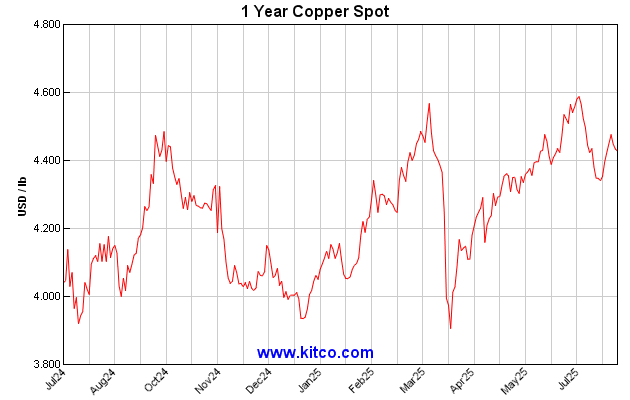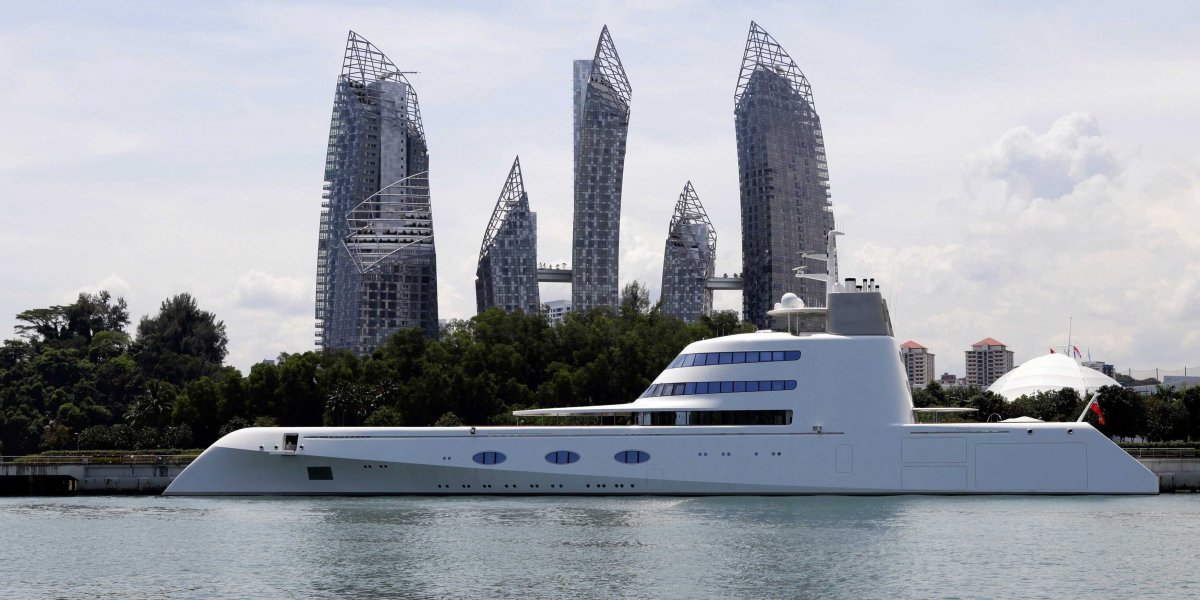It is well over three weeks of Ukraine's incursion into Kursk. If they so choose, they can easily extend this into next month, maybe longer: the word in Moscow is that Putin has set his birthday (in October) as the deadline[1] for expelling them.
His policy is consistent with the 'Stalin 1941' approach he has generally taken when hit with an unexpected blow: lie low for a bit (doubtless squaring away various issues and people behind the scenes), then tough things out - the policy equivalent of trading space for time, always Russia's default reaction. Would be deeply unsatisfactory from the standard western point of view as regards being seen to respond with urgency, but doesn't seem to bother most Russians very much ("wait till the Tsar finds out ..."). Meanwhile his Donbas advance continues - with faint signs that manoeuvre warfare might even be breaking out there too. Oh, the rush to get things done before the US election!
Putin's policy of not troubling too much over Kursk may be assisted by a phenomenon noted in France during WW1. Primitive opinion-surveys determined that the population in the south of France - many hundreds of miles from Verdun - didn't care very much at all about what was happening elsewhere: northern France's peril didn't seem to move them. The French powers-that-be took this so amiss, they instituted (inter alia) the rigid, universal school curriculum that had every French kid taught exactly the same thing - i.e. whatever the government dictated - at exactly the same time, wherever they were. Knowing first-hand how brutally racist Russians are towards Ukrainians, it seems possible (though personally I have no evidence) that Muscovites don't view deep-south Kursk residents in a particularly sympathetic way either. In any event, that 'word from Moscow' also has it that Russia as a whole is not much troubled by the Kursk incursion, distinctly limited in geographical scope as it will always be, however long or short.
While we await further developments on all these fronts, Ukraine's ultra-successful drone-strike campaign is having a genuine effect on Russian oil supplies, petro-facilities being nigh impossible to defend. The standard official Russian line is usually that "a drone was shot down over the refinery / whatever, and fragments caused a fire that subsequently spread". Everyone knows this means the attack was successful: and as one milblogger acidly wrote, shooting down a high-explosive drone directly over its target is likely to be "a posthumous achievement" - for both the shooter and the target itself. Incidentally, the fact that one of these fires has raged for 12 days now (and counting) tells this old oilman that the Russians have failed to fit non-return valves in their oil infrastructure (i.e. the fire is being fed by oil still arriving unpreventably into the facility from the pipelines it is connected to) - which isn't even remotely surprising: their whole set-up is truly primitive by western standards. They'll no more be able to retrofit valves in a hurry than land a cosmonaut on the moon[2] - indeed, they probably won't even be able to buy them.
Of course, they can and will source oil from elsewhere and truck it in. The lines of logistics, though, start to get very stretched indeed[3].
ND
______________
[1] Of course, Putin's deadlines, like his 'red lines', are eminently flimsy, as has been proven so often it's a wonder he still sets them.
[2] Amazingly (by western standards), the Russians have even attempted to bring the blaze under control by holding a prayer meeting at the oil depot in question, complete with saintly relics. Sadly for these pious folk, an oil tank took the opportunity to explode during the ceremony. Still: always gotta admire piety.
[3] Also, there will be a lot of folk taking a cut in such an ad hoc operation. The beauty of fixed delivery-infrastructure is that once built, it's relatively hard for the usual embezzlement to take place along the supply chain. But an operation based on thousands upon thousands of trucks ...












